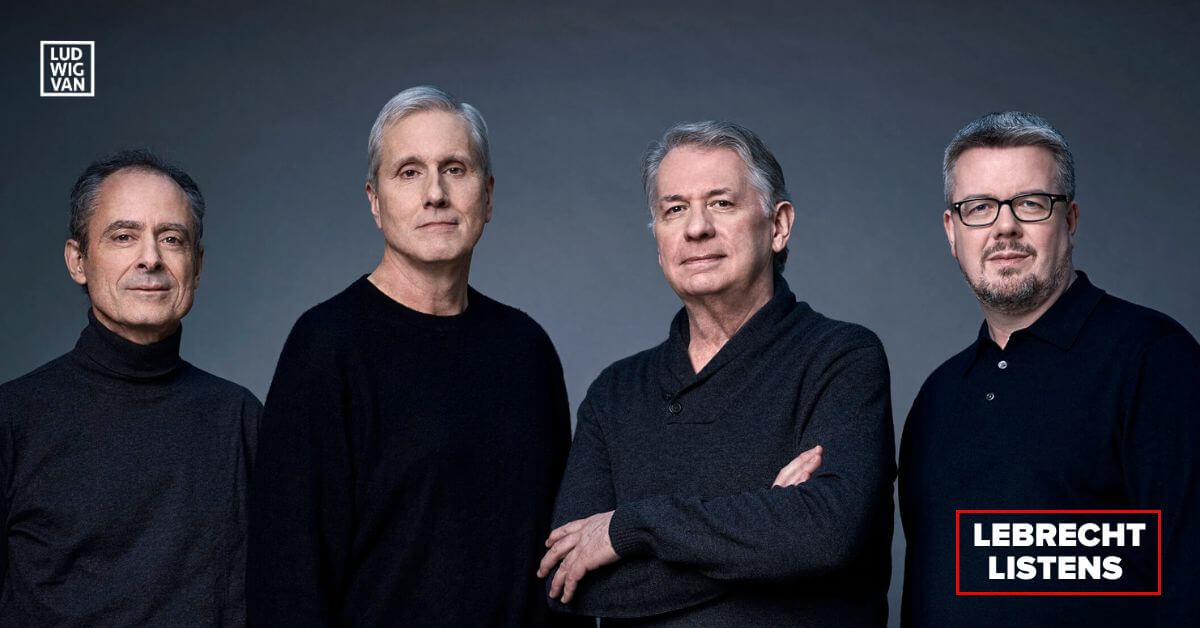
[ad_1]

Infinite Voyage: Emerson Quartet (Alpha Classics)
★★★★★
Put together to shed a tear. After 47 years on the string quartet frontlines, the Emersons are breaking apart this summer season to spend the remainder of their lives on their different ardour — nurturing new quartets. Their two violinists — Eugene Drucker and Philip Setzer — have been there because the quartet’s formation in America’s bicentennial 12 months; the violist Lawrence Dutton joined in 1977. Solely the cello seat has seen modifications. Few teams, from the Buena Vista Social Membership to the Rolling Stones, have ever maintained such consistency at such excessive efficiency over so a few years.
The inspiration 12 months is, to a level, important. This was an American group, cast at Juilliard to excessive precision and with a can-do outlook that made the not possible appear straightforward. Named for an American poet, the Emersons averted pressures of vogue, politics and fairness, deciding on a swathe of custom that was directly huge and everlasting. Their recorded legacy runs from Bach to Britten, Haydn to Harbison. They redefined the centre floor. We is not going to see their like once more on document.
This ultimate album is untypical of Emerson solely in being augmented by an outsider. The adventurous soprano Barbara Hannigan joins them for an obscure Mélancolie by Paul Hindemith and an added-sugar Chanson by Ernst Chausson, one dangling over a cliff of atonality, the opposite indulgently decadent. Each are prone to type a part of my common listening.
The guts of the album is Album Berg’s string quartet, opus 3, during which Arnold Schoenberg’s pupil does his finest to disclaim the pleasure precept and fails. Berg can not compose apart from beautiful.
Hannigan returns for Schoenberg’s car-crash work, the second string quartet during which the composer frees the soprano soloist to roam a number of pages with out a tonal key. Each Twentieth-century music historian is aware of this work inside out, and plenty of are nonetheless perplexed by the composer’s motivation. I don’t assume I’ve ever heard the second quartet extra positively offered, exemplifying Schoenberg’s conviction in a world of unexplored tones, requiring solely musicians of open minds, laser approach and infinite flexibility to convey it to mild. We’re so going to overlook this group.
To learn extra from Norman Lebrecht, subscribe to Slippedisc.com.
#LUDWIGVAN
Get the each day arts information straight to your inbox.
Join the Ludwig van Each day — classical music and opera in 5 minutes or much less HERE.
[ad_2]